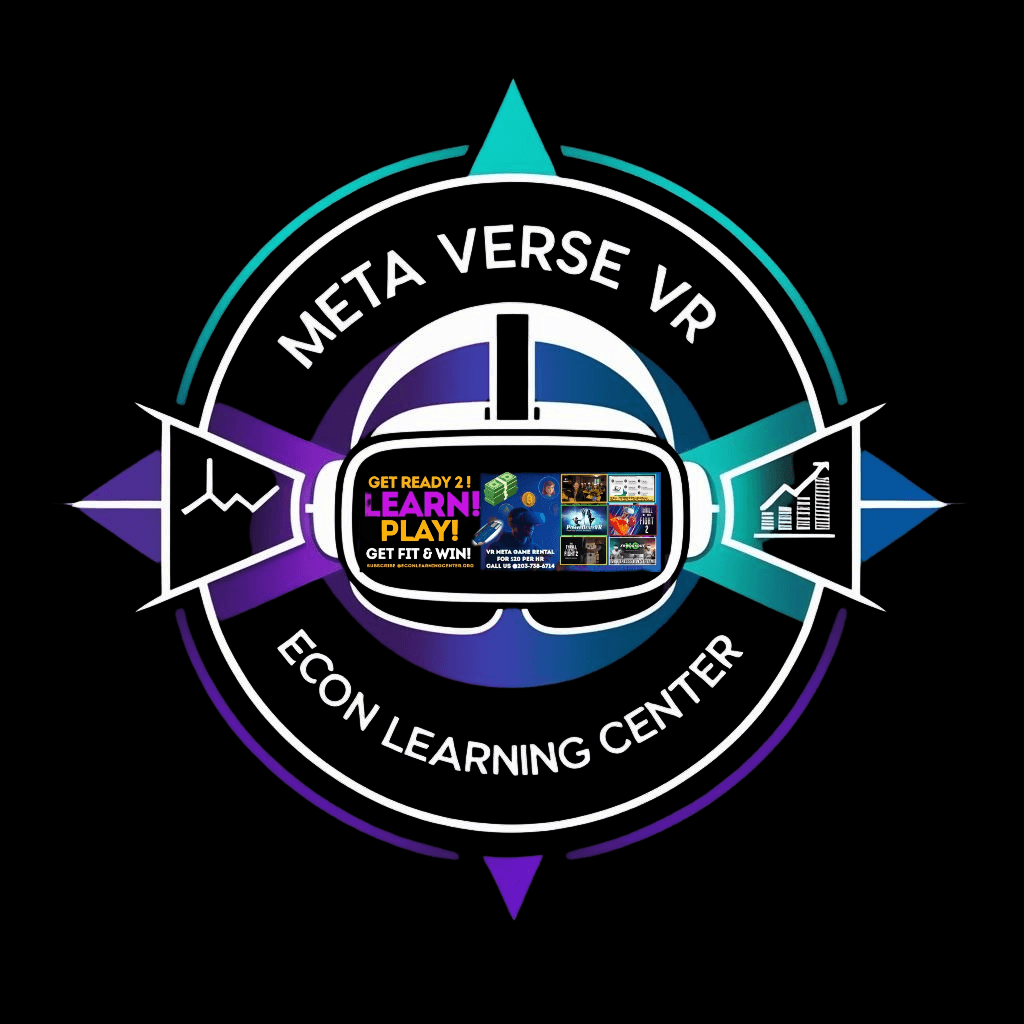- BOOK ME HERE
- About
- Giveaway Gift Rewards Contest
- ENROLL HERE
- Schedule For Our Personal Financial Development 1 Year Course
- The Challenge
- ELC SHOP CLUB
- Credit Repair and Financial Education Services
- Watch Our Business Presentation
- Contact
- FAQ
- Econ Learning Center Blog
- Terms of service
- Econ Learning Center Channel
- Credit Secrets Live Tv
- ELC Meta Verse Vr Fitness ED Games
Transform Your Financial Future: How Virtual Reality Enhances Learning
The Intersection of Virtual Reality and Financial Education
In today's rapidly evolving digital landscape, virtual reality (VR) is not just for gaming or entertainment. It is revolutionizing how we learn, including in areas like financial education. With VR, users can immerse themselves in interactive environments that make complex financial concepts more accessible and engaging.

Traditional methods of financial education often rely on textbooks and lectures, which can be challenging for some learners. VR offers an alternative by providing an experiential learning platform that can simulate real-world financial scenarios, helping individuals understand the impact of their financial decisions in a safe, controlled environment.
Immersive Learning Experiences
One of the primary advantages of VR in financial education is its ability to create immersive learning experiences. Users can engage with virtual simulations that mimic real-life financial situations, such as managing a budget, investing in stocks, or navigating economic downturns. This hands-on approach makes learning more interactive and memorable.
For instance, virtual stock markets can allow users to trade stocks in real-time, helping them understand market dynamics without the risk of financial loss. Such experiences can build confidence and improve decision-making skills.

Enhancing Engagement and Retention
Engagement is a critical factor in effective learning, and VR excels in capturing the attention of users. The immersive nature of VR makes learning feel less like a chore and more like an adventure, increasing motivation and participation.
Moreover, studies have shown that people remember information better when they experience it firsthand. VR's ability to replicate real-world experiences aids in the retention of complex financial concepts, making it a valuable tool for both educators and learners.
Accessibility and Personalization
Another significant benefit of VR is its accessibility. With the decreasing cost of VR technology, more educational institutions and individuals can access these powerful learning tools. VR can be tailored to meet the diverse needs of learners, offering personalized experiences that cater to different learning styles and paces.

For example, students struggling with traditional learning methods can benefit from VR's visual and interactive approach, while advanced learners can explore more complex financial scenarios. This flexibility ensures that everyone has the opportunity to enhance their financial literacy.
The Future of Financial Education
As VR technology continues to advance, we can expect even more innovative applications in financial education. Future developments may include AI-driven VR tutors that provide real-time feedback and guidance, making learning even more personalized and effective.
Ultimately, the integration of virtual reality into financial education represents a promising opportunity to transform how we understand and interact with financial concepts. By embracing this technology, we can empower individuals to take control of their financial futures.
